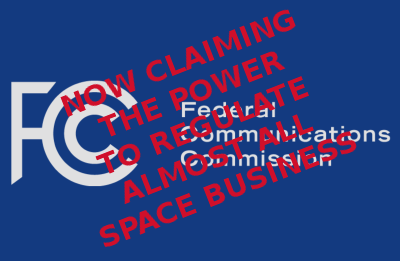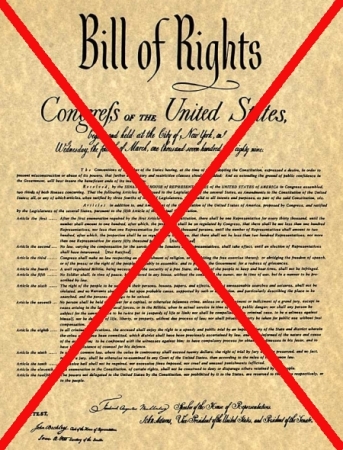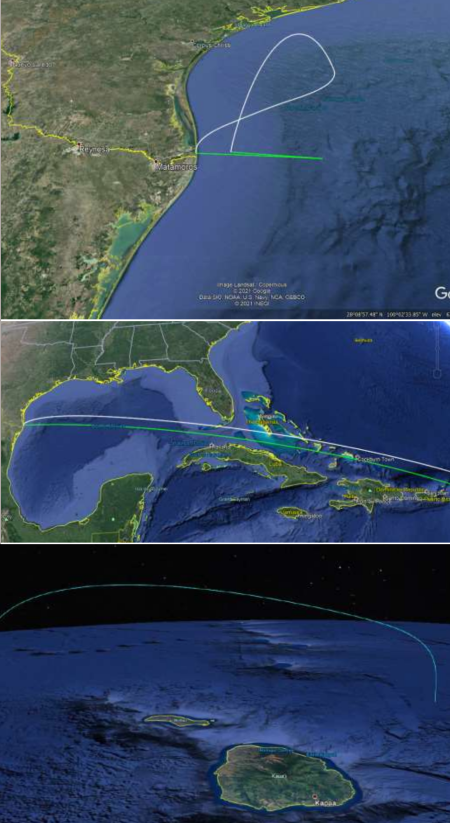New House bill proposes giving FAA responsibility for monitoring space junk
A just proposed House bill for reauthorizing the Federal Aviation Administration (FAA) also proposes giving that agency the responsibility for monitoring space junk.
The bill instructs the FAA to establish a program to track objects “that are potential sources of covered airborne debris” with a focus on identifying those about to reenter and could pose a risk to aircraft in airspace. That program would coordinate with the FAA’s air traffic control system to identify airspace that needs to be closed for a reentry. It would allow the FAA to establish its own space situational awareness (SSA) facilities and work with other federal agencies, companies or international organizations for data on such objects.
While the focus of the bill is tracking debris to assess airspace risks, the bill does enable additional uses of the data the FAA collects. In particular, it directs the FAA to offer “a basic level of data, information, and services” at no charge. That includes maintaining a public catalog of space objects and “emergency conjunction notifications” of such objects.
The article at the link notes that this new FAA job would also duplicate work of the Space Force, as well as a new Commerce Department office tasked with similar responsibilities. It also duplicates the same responsibilities the FCC has created for itself, outside of its statutory authority.
In other words, there is a factional turf war going on within the swamp, with each faction attempting to establish its territory and control over this work.
The result? Expect Congress to allow this duplication to go forward, funding all three efforts. As we all know, money grows on trees, and hiring as many Washington bureaucrats is the most important thing Congress can do, even if those bureaucrats don’t do anything useful.
A just proposed House bill for reauthorizing the Federal Aviation Administration (FAA) also proposes giving that agency the responsibility for monitoring space junk.
The bill instructs the FAA to establish a program to track objects “that are potential sources of covered airborne debris” with a focus on identifying those about to reenter and could pose a risk to aircraft in airspace. That program would coordinate with the FAA’s air traffic control system to identify airspace that needs to be closed for a reentry. It would allow the FAA to establish its own space situational awareness (SSA) facilities and work with other federal agencies, companies or international organizations for data on such objects.
While the focus of the bill is tracking debris to assess airspace risks, the bill does enable additional uses of the data the FAA collects. In particular, it directs the FAA to offer “a basic level of data, information, and services” at no charge. That includes maintaining a public catalog of space objects and “emergency conjunction notifications” of such objects.
The article at the link notes that this new FAA job would also duplicate work of the Space Force, as well as a new Commerce Department office tasked with similar responsibilities. It also duplicates the same responsibilities the FCC has created for itself, outside of its statutory authority.
In other words, there is a factional turf war going on within the swamp, with each faction attempting to establish its territory and control over this work.
The result? Expect Congress to allow this duplication to go forward, funding all three efforts. As we all know, money grows on trees, and hiring as many Washington bureaucrats is the most important thing Congress can do, even if those bureaucrats don’t do anything useful.




